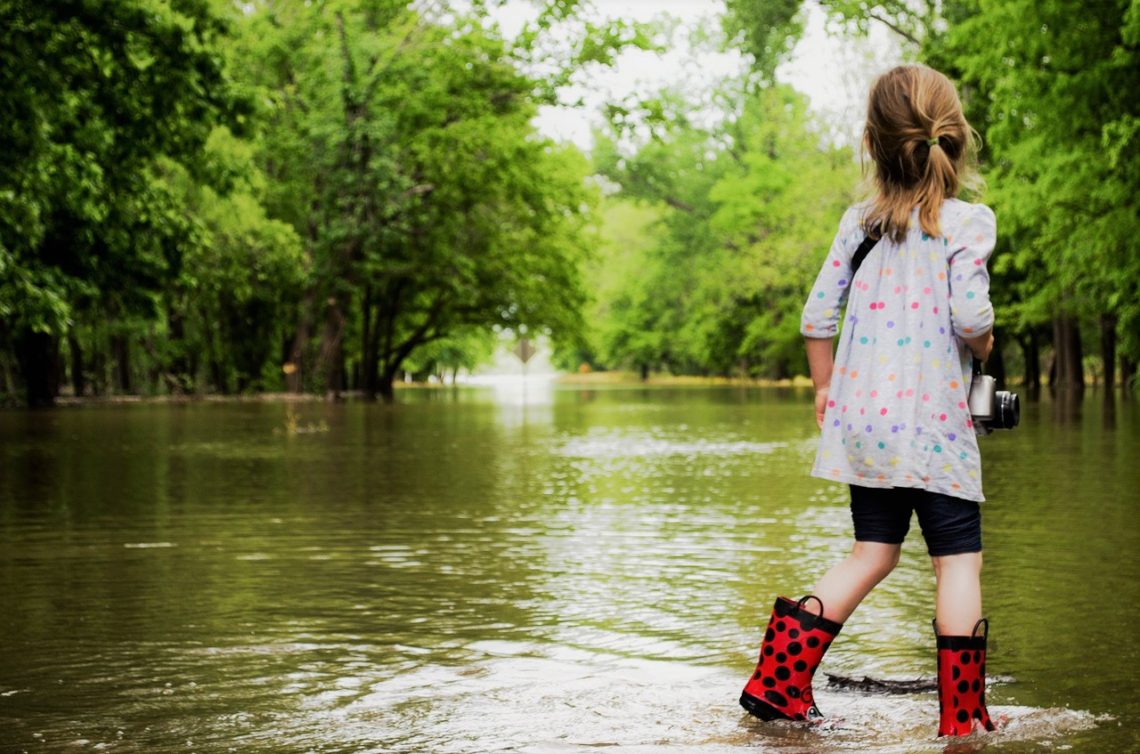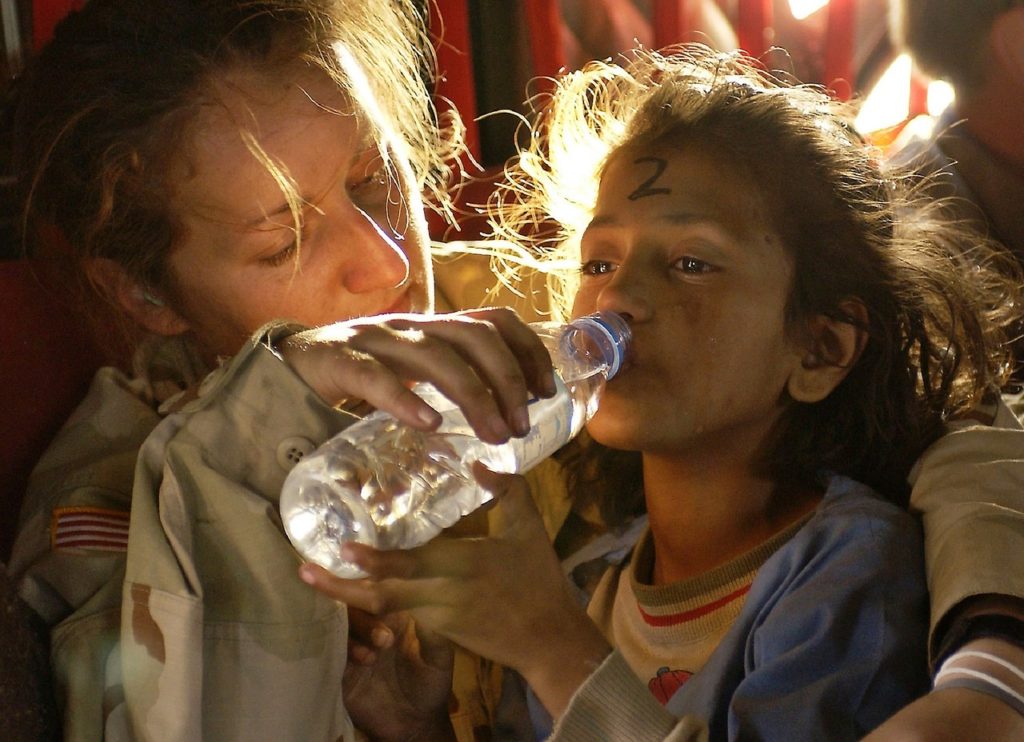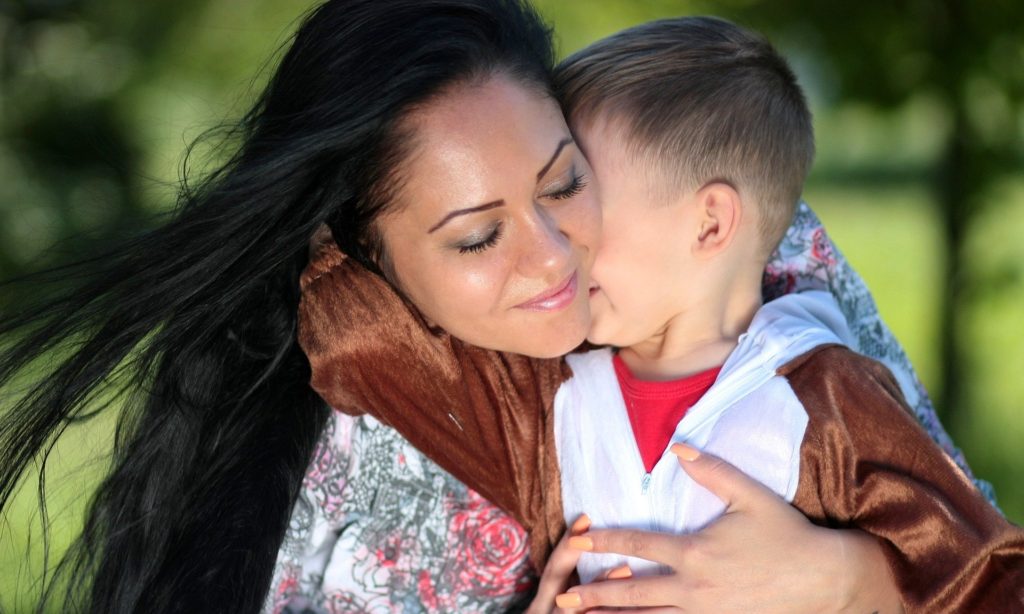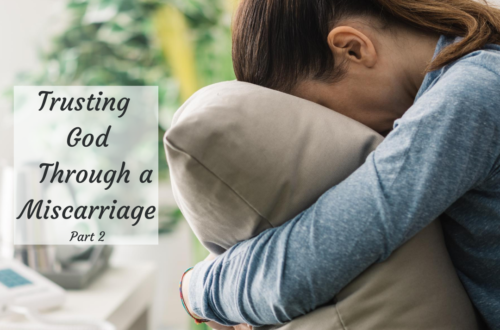
Talk to Kids About God’s Presence in the Midst of Natural Disasters
Many people wonder how to talk to kids about God in the midst of natural disasters. I understand some people balk at the terminology of “natural,” but for the focus of this article, we’ll stick with the commonly known term.
As much as we try to protect our children, they will at some point, hear people talk about catastrophic, natural disasters. Many kids will view coverage of such events on T.V. or see photos in other media.
Young children may worry about their own safety and the well-being of others.
Natural disasters cause people to lose electricity, lose homes, and sometimes suffer the loss of a loved one. It’s normal to hear, “Where is God?”
How can we, as Christian parents, talk to our kids about God’s presence in the midst of natural disasters? Here are a few things to share.
The Earth’s Fallen State
In the beginning, everything God created was good. Because humankind chose to sin, the earth became cursed. It’s no longer a perfect place to live. Sometimes bad things happen. (Genesis 3)
God’s Sovereignty
We can find strength and peace in knowing God is in control. Chip Ingram wrote a great article about what God’s sovereignty really means and he backs it up with scripture. You can read that at Christianity.com.
Depending on the age of your children, consider reading through the book of Job together.
God is the Creator of all things. In the Bible, we read of His ability to create storms and His power to calm them.
It’s not for us to speculate why God allows natural disasters or any trial for that matter. Only God, the Creator of the universe, knows the reasons.
“For my thoughts are not your thoughts, neither are your ways my ways, saith the Lord. For as the heavens are higher than the earth, so are my ways higher than your ways, and my thoughts than your thoughts.”
Isaiah 55:8-9
As we build a relationship with God through prayer and Bible study, we’ll learn to trust His wisdom, even when we don’t fully understand how He works or why.
God’s Love
Remind children of God’s love. He shows that in many ways. The greatest demonstration of His love will always be that He sent His one and only Son, Jesus Christ, to save us from our sins.
“For God so loved the world that He gave His only begotten Son, that whoever believes in Him should not perish but have everlasting life.” John 3:16
Because Jesus loves us so much, he took on a full understanding of suffering when he bore our sins on the cross. He knows our pain and sorrow.
God’s Mercy
Remind kids God has blessed us with great advancements in technology. Meteorologists are able to track storms more now than ever before. Usually, people are warned in plenty of time before severe weather occurs in order to make plans for safety.
Sometimes, natural disasters issue warnings of a different kind. An article, “Where is God in Natural Disasters?” by the Billy Graham Association, stated:
“…disasters are God’s invitation to us to wake up and see what’s important in life—our spiritual condition.”
Young children may not be ready to hear that life is short. But, as your children mature, they’ll soon realize that death doesn’t solely wait for the old and decrepit. We must be ready for our appointed time because we do not know when that will be.
“Teach us to number our days that we may gain a heart of wisdom.” Psalm 90:12.
Time is fleeting. We must share the good news of Jesus Christ with others so they can live a life of hope and be ready for eternity as well.
Talk to Kids About God in the Midst of Disasters
Fred Rogers, of MISTER ROGERS NEIGHBORHOOD, shared about when he was a child and encountered scary news. He said his mother would tell him to look on the sidelines. She said, “Look for the helpers. You will always find people who are helping.”
Pointing out the helpers may help calm a worried child. Remind him that God is compassionate. God wants to use people to minister to the needs of others.
Parents can guide the worried child from feeling helpless to being helpful. Families can look for ways to minister to those who are picking up the pieces after a natural disaster.

Ways We Can Help
One way to cope is to look for ways we can help
Look for local organizations offering ministry opportunities where even young children can help.
Children can help collect first aid and hygiene items for distribution kits. They can draw cards and write encouraging Bible verses to go inside them. Allow children to deliver them to the organization.
Help your child coordinate a canned food drive in the neighborhood or hold a diaper shower at your church. Perhaps your child may select gently used toys or clothes for a child in need.
If a natural disaster is close to home, perhaps consider offering childcare one evening a week for a family trying to get their lives back in order.
Or get your teens involved by helping serve hot meals for folks who are staying at shelters. Offer a laundry service.
Maybe God is leading you to offer a temporary living space for someone. Consider a family mission trip.
Look for ways to share the love and hope of Jesus.
Offer Assurance
When disasters strike, we need to make every attempt to prevent media updates from overburdening our children.
When our children seem worried, we should ask them what they know about the situation. Listen to their concerns. Sometimes, all it takes is clarifying something they misunderstood. Other times, a deeper discussion is necessary. It’s okay to say you don’t know all the answers!
Also, let’s assure our children we’ll do everything in our power to protect them.
We can comfort our children with the knowledge of God’s love and wisdom. Pray with them about the situation.
Most importantly, as Christian parents, if we say we believe God is in control, then we need to act like it! Are we yelling, “The sky is falling!” at the smallest trouble? Or perhaps we linger too long listing the seeming impossibilities and inabilities of a situation.
As we talk to kids about God in the midst of natural disasters, it’s okay to acknowledge that fear is a normal reaction. There are plenty of examples of people with fears in the Bible. Moses, David, and Peter are just a few. We can learn how these people took their fears to the Lord and how He helped them. It also helps when parents share about times when they were afraid, perhaps even with similar childhood fears, and how God helped them through those. Admit it when we feel anxious, but show how we continue to take it to the Lord in prayer and trust that He is in working in the midst of challenging situations. Know His peace so we can show His peace.

Your Turn! Do you have more suggestions of ways we can assure our children of God’s presence in the middle of life’s storms?



